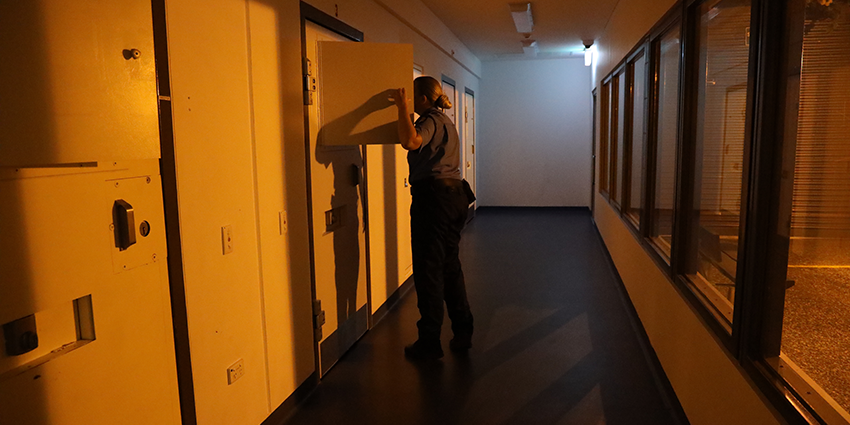
The Office of the Inspector of Custodial Services (OICS) in a review said the Department had strengthened the governance for prisoner confinement with the introduction of a suite of revised policies.
The report also noted that WA prisons are typically compliant with legislation and policy relating to prisoner behaviour management.
“Managing prisoners in confinement is complex and challenging,” Corrective Services Commissioner Mike Reynolds said.
“Separate confinement is a last resort when all other options have been exhausted for managing prisoners with adverse or disruptive behaviour,” Commissioner Reynolds said.
The Department has supported all 10 of the OICS report’s recommendations.
Enhancements continue to be identified and implemented ensuring prisoners in confinement are provided entitlements including access to meals, showers, time out of cell, exercise and social contact via telephone, visits and e-visits.
The Department is working with Acacia Prison’s private operator Serco to address issues identified about the ordering of prisoners into temporary separate confinement.
The separate confinement of prisoners with mental health conditions continues to be an area of focus for the Department.
The report recognised that separately confining prisoners who were acutely unwell with mental illness to an observation cell for long periods was “often out of the control of the facility” and “staff do their best to provide a safe environment for the prisoner and others”.
The Inspector acknowledged that the absence of beds at the State’s only secure forensic hospital, the Frankland Centre, meant that many unwell prisoners had to be managed in a prison setting.
The Department has a Mental Health, Alcohol and Other Drugs (MHAOD) branch which provides mental health care to vulnerable people in custody.
“Services are delivered by multidisciplinary teams made up of specialised staff including nurses, consultant psychiatrists, psychologists, social workers, Aboriginal mental health workers and Prison Support Officers,” Commissioner Reynolds said.
“Psychological health services are available to all prisoners who require support, providing clinical assessments and interventions to prisoners with poor mental health, in particular those with acute risk of suicide or self-harm.”
The report described as “commendable” the introduction of the 29-bed Bindi Bindi Mental Health Unit at Bandyup Women’s Prison in 2021. The Unit provides an appropriate care environment with MHAOD clinicians and custodial staff who have received training.
Further, a 32-bed Mental Health Unit for men at Casuarina Prison is on track to open in 2024 and, like Bindi Bindi, will be available for prisoners state-wide.


